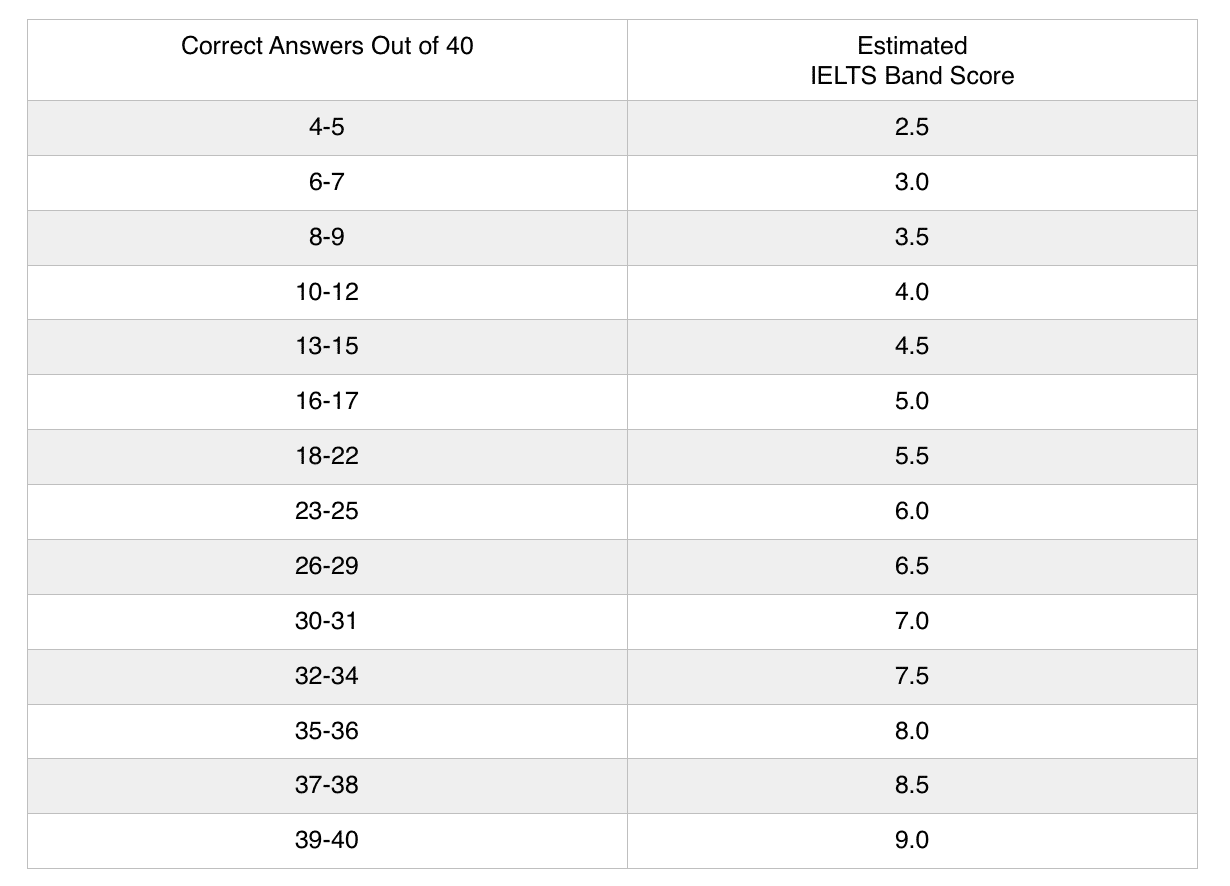For those looking to study or work in an English-speaking country, the International English Language Testing System (IELTS) is a crucial step. The IELTS exam evaluates your English language proficiency in reading, writing, listening, and speaking. One of the most common questions test-takers have is how their scores are calculated.
Understanding how your IELTS scores are calculated can help you better prepare for the exam and set realistic goals. The scoring system for IELTS is unique, with each section graded on a scale of 0 to 9. Knowing how to calculate your scores can give you an idea of where you stand and what areas you need to improve on.
IELTS Score Calculator with Marks
The IELTS score calculator takes the scores from each section of the exam – reading, writing, listening, and speaking – and calculates an overall band score. Each section is scored individually, and then an average is taken to determine your overall band score. For example, if you receive a 7 in reading, an 8 in writing, a 7 in listening, and a 7 in speaking, your overall band score would be 7.25.
It’s important to note that the band scores are rounded to the nearest 0.5. So, in the example above, a 7.25 would be rounded up to a band score of 7.5. The overall band score is what is typically used by universities, employers, and immigration authorities to determine your English language proficiency.
While the IELTS score calculator can give you an estimate of your overall band score, it’s also essential to understand the scoring criteria for each section of the exam. This can help you focus your studying on areas where you may need improvement and increase your chances of achieving your desired band score.
In conclusion, the IELTS score calculator can be a useful tool in understanding your overall band score and assessing your English language proficiency. By knowing how your scores are calculated and where you may need to improve, you can better prepare for the exam and increase your chances of achieving your desired band score.
